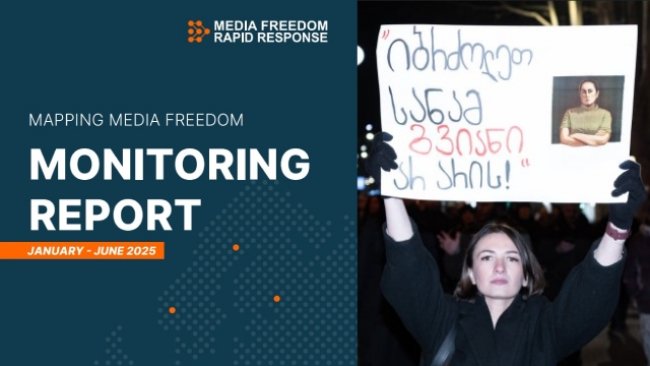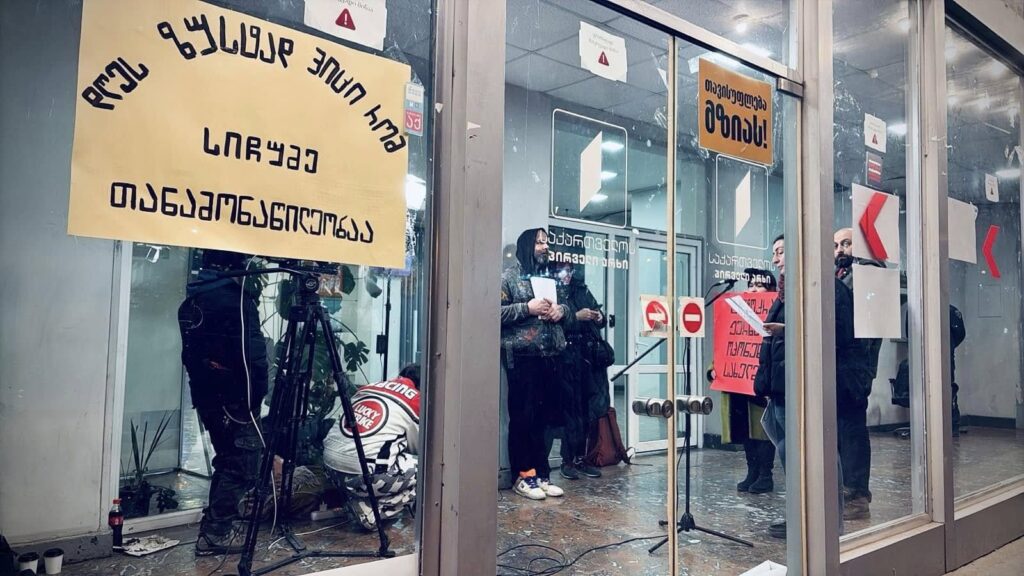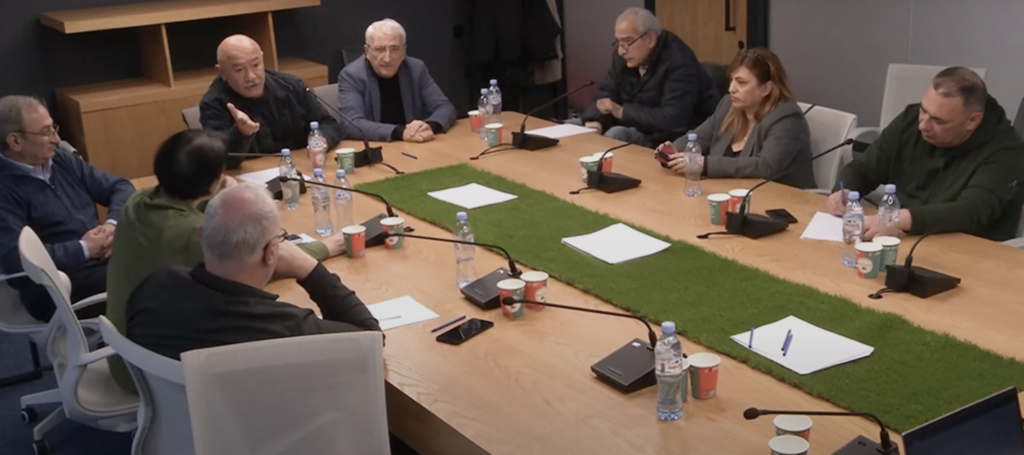The Media Advocacy Coalition reacts to the changes proposed by the ruling party in the Law on Broadcasting, which, among many controversial articles, provides for the abolition of the Adjara Television Advisory Board. The draft law clearly contradicts the basic principles of public broadcasting, causes irreparable damage to the existing model of public broadcasting in the country and serves to strengthen the power of the Chairperson of the Board of Trustees, Vasil Maglapheridze.
A few weeks ago, without any public discussion or justification, the ruling party initiated a draft law which, among other things, would increase the number of members of the Board of Trustees from 9 to 11, abolish the ban on being elected to the Board of Trustees for more than one term, increase the terms of office of the Chairperson of the Board of Trustees and the Deputy Chairperson, etc. The draft law has been criticised by the media and civil society for its lack of transparency. This draft law was criticised by the media and the civil society sector because it did not respond to the current challenges facing the public broadcaster and continued the process of the Government’s hijacking of the public broadcaster. Instead of retracting the draft law, Georgian Dream introduced additional amendments to the draft text, according to which the Advisory Council of Adjara Television is abolished and its competences are transferred to the Board of Trustees of Public Broadcaster. The number of members of the Board of Trustees is increased from 9 to 11, and the Supreme Council of the Autonomous Republic of Adjara is authorised to nominate three candidates instead of one.
The creation of Adjara TV was seen at the time as an important progressive step and was positively received by the local and international community. Under the leadership of Natia Kapanadze, the television made unique progress and stood out for its impartial and objective editorial policy in the polarised media space. But the existence of a neutral television proved to be unacceptable to the Georgian Dream party. First, Natia Kapanadze was dismissed without justification, and then, during the tenure of her successor Giorgi Kokhreidze, the persecution, harassment and dismissal of critical journalists began. Today, the ruling party is taking unprecedented steps to reduce the independence of Adjara TV by abolishing the local advisory council.
The proposed law contradicts the basic values of democracy and the principles on which the European model of public broadcasting is based. Actions taken under the auspices of the ruling party to persecute Adjara TV journalists have already undermined confidence in the media environment. This latest proposed change only exacerbates this problem, further restricting media diversity and increasing government control over information available to the public. A free and independent public broadcaster is essential to the functioning of any democracy. It must be protected from political interference so that it can act autonomously and serve the public interest.
The Media Advocacy Coalition urges the ruling party to consider the potentially dire consequences of this change, both in terms of limiting the principles of democracy and the ability of public broadcasters to fully perform their functions. The Georgian Dream should immediately withdraw the said bill and, instead of proposing such regressive initiatives, take steps to fulfil the 12 recommendations of the European Union, especially those related to the media.


